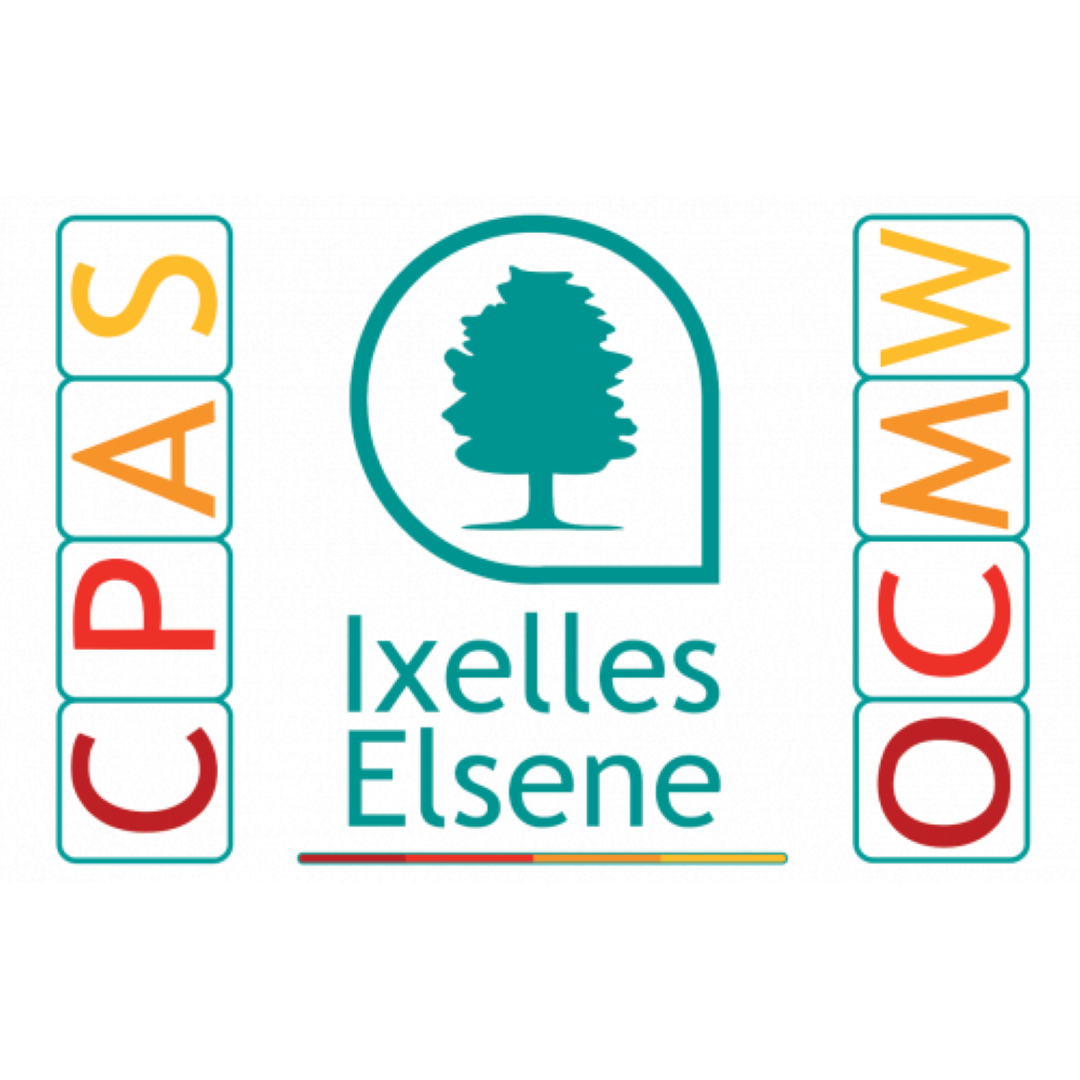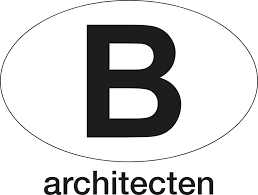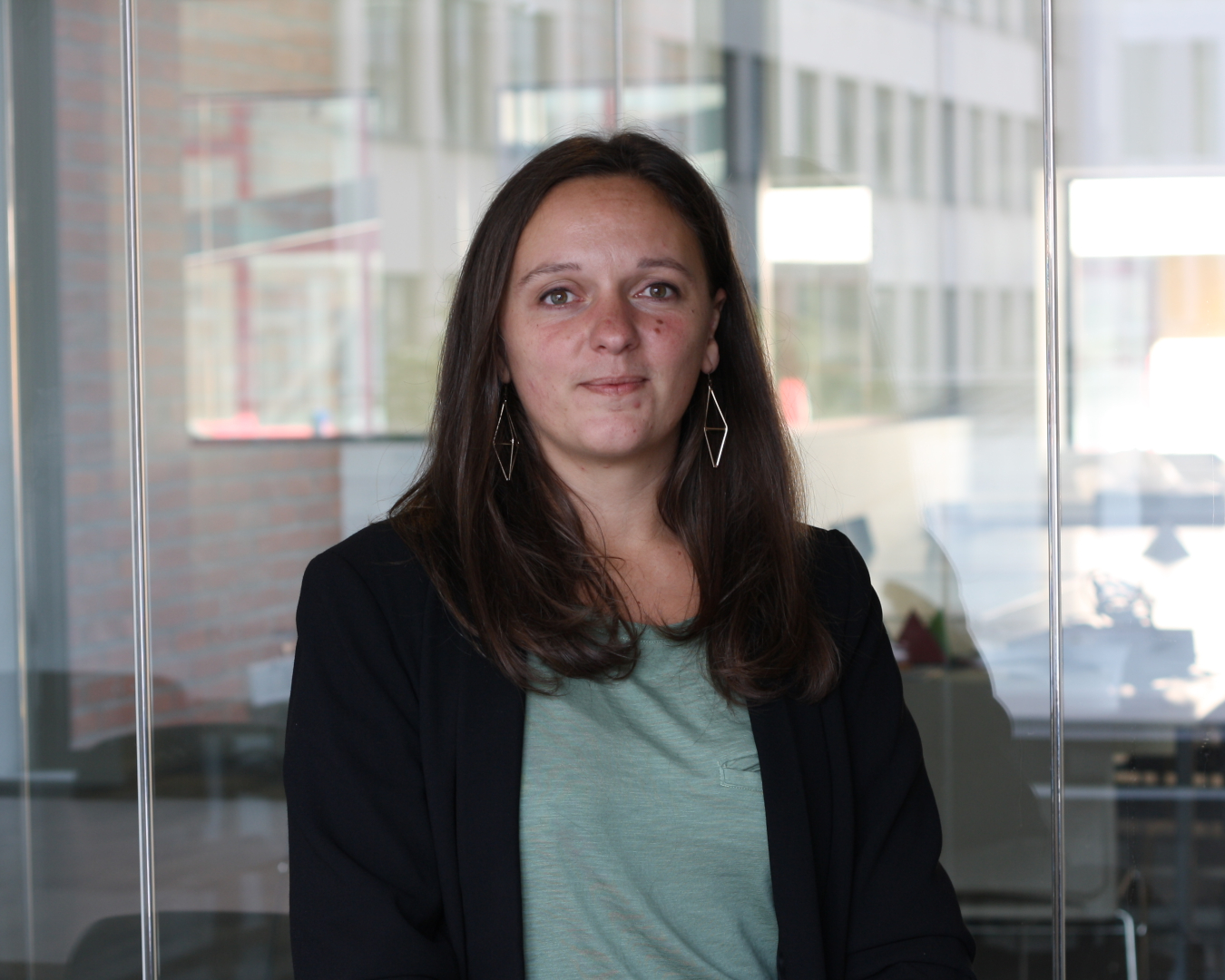We work on more than 300 projects every year.

Financial feasibility of the CPAS masterplan in Ixelles
Hélène Guérard
The challenge
The Ixelles Public Centre for Social Welfare (CPAS) wants to redevelop its administrative centre, which is currently housed in outdated buildings. By initiating a masterplan process at block level, the CPAS wishes to develop a shared vision for the redevelopment of the site.
IDEA Consult’s involvement in the project consortium, led by architects and urban planners B-architecten, addresses a number of challenges with a view to ensuring the project’s feasibility:
- Evaluate the budgets associated with the various urban planning scenarios, as a decision-making tool for selecting a final scenario
- Suggest ways of optimising the project to improve its feasibility
- Identify ways of financing the project
The process & results
The masterplan is a tool that can be used to test and evaluate different scenarios and produce a shared vision for the redevelopment of the site:
- Maintaining or demolishing and rebuilding the various buildings;
- Logical implementation of the vast pre-defined programme, in this case in addition to the CPAS administrative centre, public housing, a rest and care home, a youth centre and a multi-purpose sports hall;
- Definition of green spaces and mobility considerations.
Throughout the development process, analysis of the project’s financial feasibility is an important decision-making tool, both in terms of choosing options and ensuring the feasibility of the final project:
- First, the various options, summarised in scenarios, are budgeted. The expenses associated with each item are quantified, as is the revenue. In this case, there are 3 types of revenue: land-related costs corresponding to the share of land for housing programmes not developed by the CPAS, the resale of underground car parks in excess of the CPAS’ requirements, and a contribution towards external development costs (paths, green spaces, etc.).
- Second, once a preferred scenario had been selected, ways of optimising the project were developed. In view of the considerable budget required and the limited resources of the CPAS, on the one hand these proposals aim to reduce expenses, essentially by optimising the administrative centre programme, based on the case studies of other recently developed centres. On the other hand, there are proposals aimed at increasing revenue, in this case through the construction of a proportion of the housing by the private sector, whose property investment budgets are substantial.
- Finally, a grant scan aims to identify the sources of funding available at regional level via funding from local authorities (PTI in RBC) or for the renovation of public buildings (Renolution), community buildings (Iriscare for MRS), or European buildings (FEDER mainly for energy renovation) but also various private sources (e.g. bikes in brussels via the King Baudoin Foundation).
The assumptions behind the balance sheets are tested through various contacts (contractors, promoters, etc.) but also in conjunction with the customer, who has, for example, obtained loan simulations from various banks as part of this exercise.
The financial exercise must be at the service of the project, of its feasibility without spoiling its ambition.
Partners in this project


